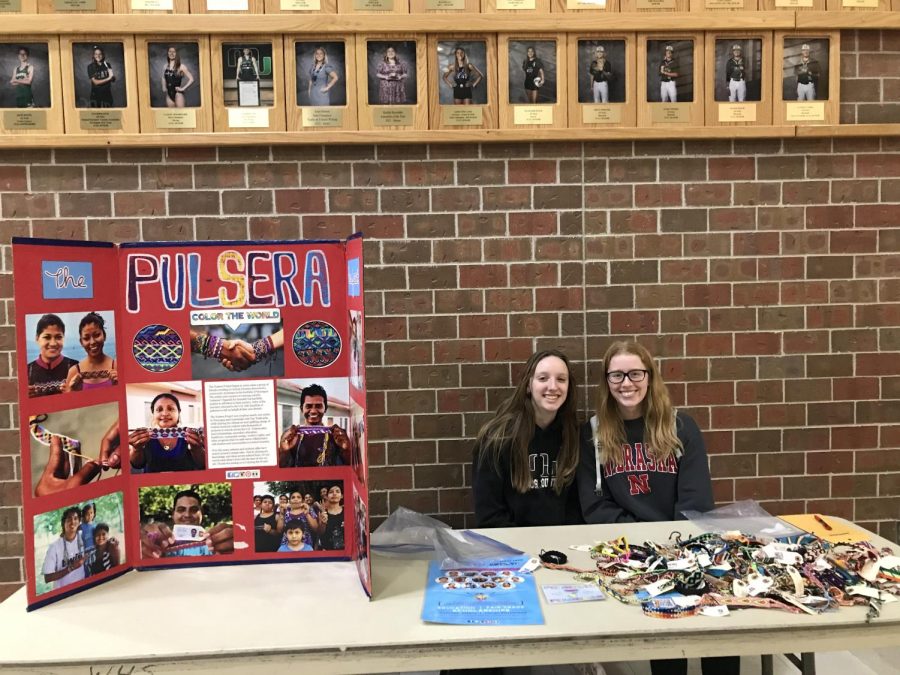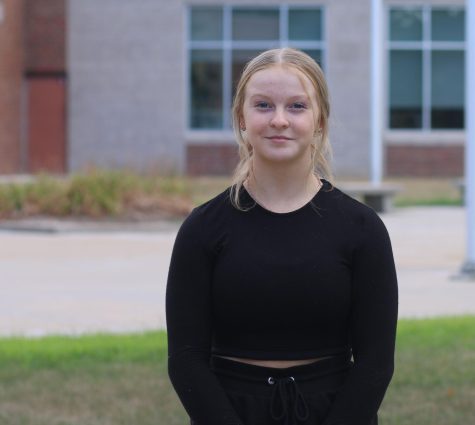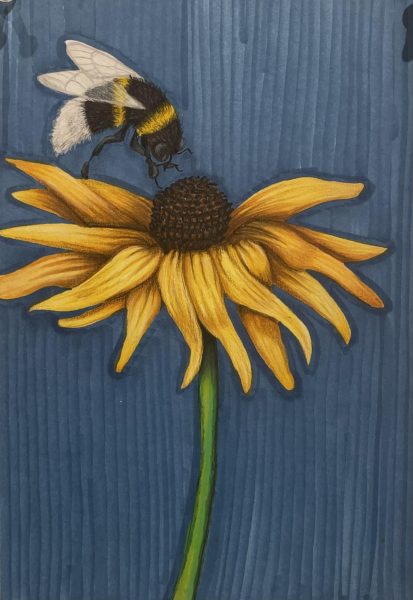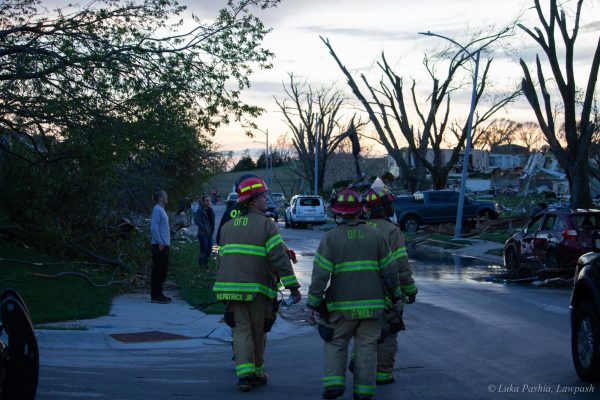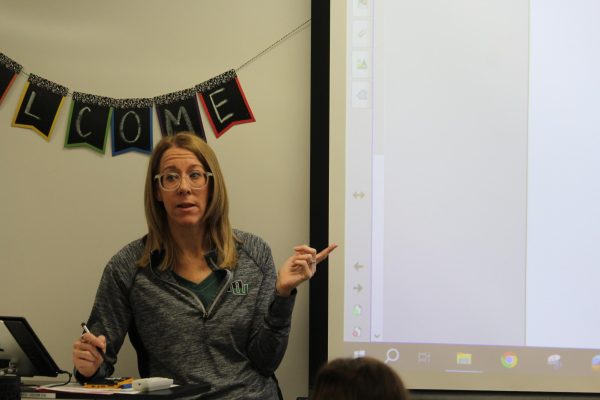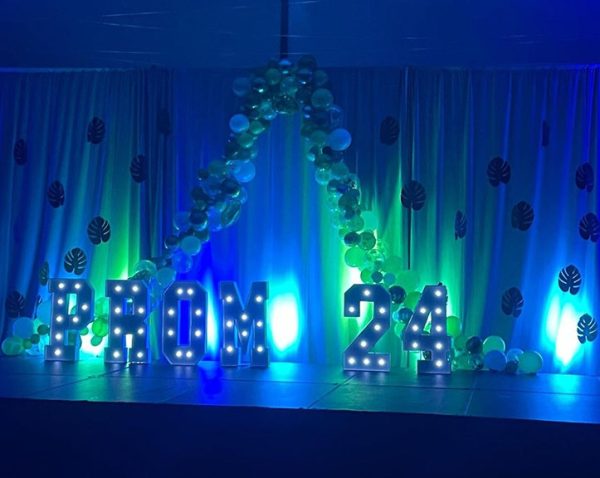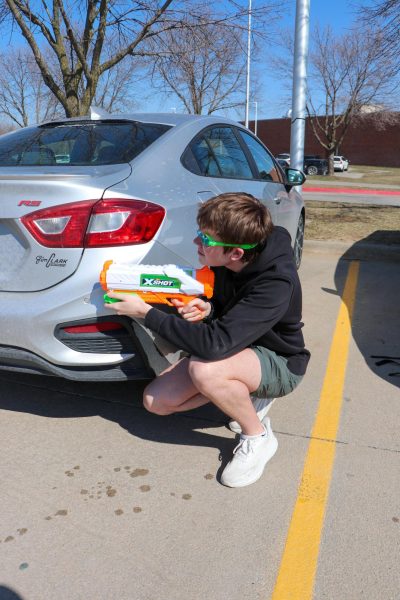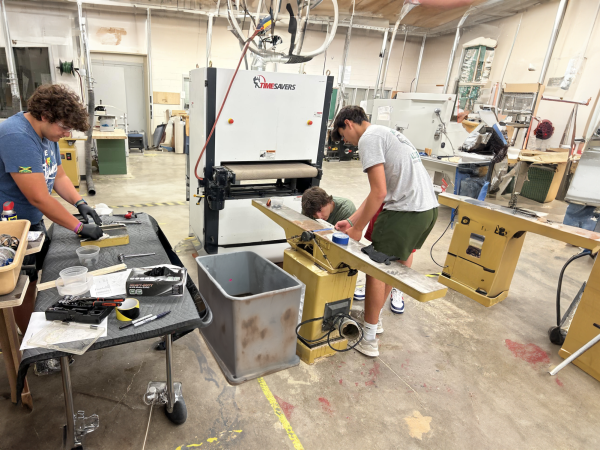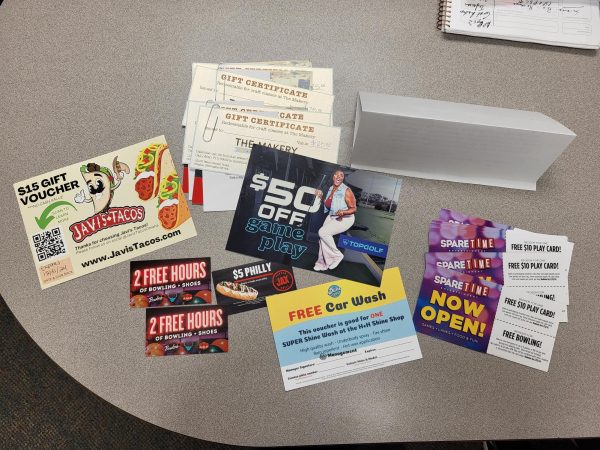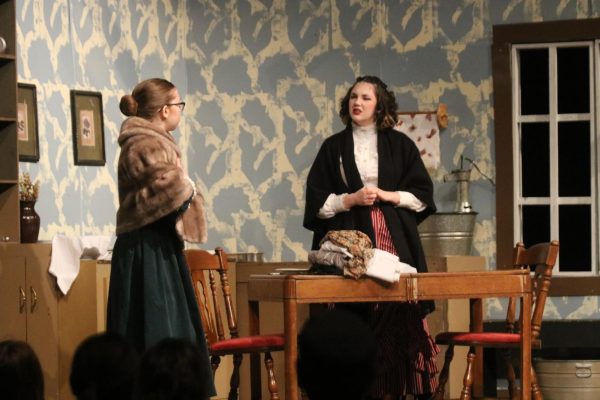Coloring the world
Pulsera bracelets are being sold to raise money and educate others on Latin American culture
Spanish Honors Society students sell handmade bracelets during lunch for $7.
December 19, 2022
From Dec. 5-9, Spanish Honors Society sold bracelets made in Guatemala or Nicaragua during lunch, Advisement, or Flextime for $7. Similarly, Key Club will continue selling them from Dec. 12-16.
The Pulsera Project is a nonprofit organization that educates and empowers artists in Central America by sharing their art with over 3,000 schools in the US. Schools are able to buy bracelets from the project, and sell them for one-two weeks. From there, schools are able to help educate other students on Latin American culture in fun colorful ways like with posters and displaying multiple of the colorful bracelets to others.
“We got this idea from the Pulseras Project, a non-profit,” Spanish teacher Alexander Jameson said. “They send us the bracelets and we sell them here and send the money back. There is no gain on our end. All of the money goes back to this non-profit which then sends the money back to the sellers as well as projects in those communities in Nicaragua and Guatemala.”
Many students in these clubs understand the impact that these bracelets have on those that made them. It creates a more personal connection, giving the bracelets a more powerful meaning.
“This project is important to me because I know that I am helping kids like me and my siblings to get a better education,” junior Brooklyn Bartlett said. “I also know the Guatemalans and Nicaraguans put a lot of hard work into these bracelets so it’s nice when we can give back to them.”
The groups have a goal of selling at least 400 bracelets before the break. Compared to other years, this is a reasonable goal, however, there are some differences this year that makes the goal daunting.
“Our biggest struggle has been the increase in price,” senior Randi Szemplenski said. “This has been deterring students but we know that the Pulsera Project is giving back.”
In the past, the bracelets sold for only $5, and have since raised the cost to $7. This makes it difficult for students to buy them easily, but the members hope that it won’t impact their sales too much. Students in both clubs know what kind of an impact these bracelets have on the communities of those who made the bracelets, and hope that those buying them will recognize the impact they’ve had on others’ futures as well.

